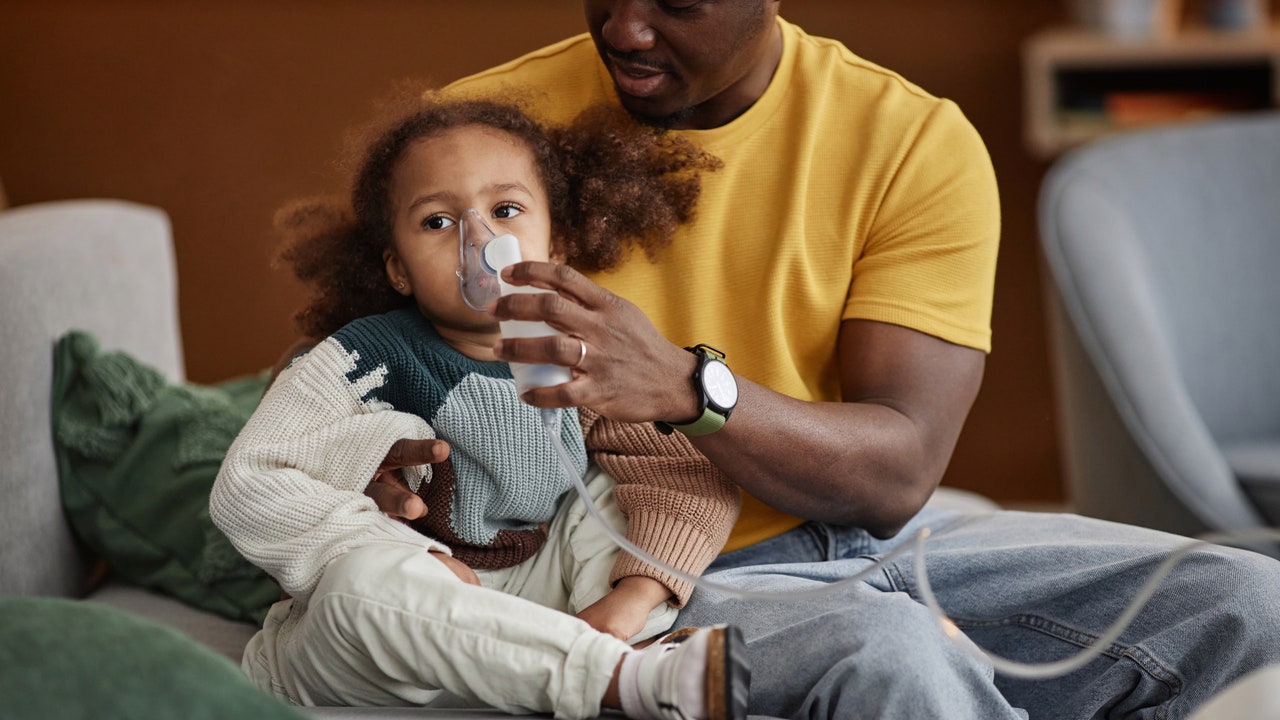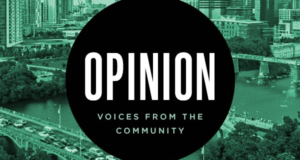
Infants with RSV infection almost always show symptoms, which tend to start about two to five days after contracting the virus. “In babies, RSV can show up as irritability, decreased activity, and eating and drinking less,” says Davis. “But really, the signs are respiratory: trouble breathing, wheezing, their noses kind of flare out and sometimes their chest sucks in. It looks like they’re really struggling to breathe.” Their symptoms may start out mild and then become more severe a few days into the illness. Infants and young children with infection, for example, tend to start out with a runny nose and a decrease in appetite, then develop a cough one to three days later. Soon after that, sneezing, fever, and that wheezing Davis mentioned may occur. While RSV usually causes cold-like symptoms, it can spread to the lower respiratory tract and cause respiratory infections, like pneumonia or bronchiolitis, an infection of the small airways in your lungs. (Bronchitis, FYI, affects your larger airways and usually happens to older children and adults.)
“The best protection we have—in addition to staying away from babies when you’re sick—is vaccination,” says Davis. Women who are 32 to 36 weeks pregnant between September and January can get the maternal RSV vaccine and pass that protection along to their baby. Otherwise, babies under 8 months old can get immunized directly with the injectable RSV monoclonal antibody, nirsevimab, between March and October. (Unlike active vaccinations, monoclonal antibodies do not activate the immune system. “Vaccines help you create antibodies, but babies can have a hard time making them, so they give them antibodies,” explains Davis.)
RSV can also be dangerous for some young children. The younger they are, the higher the risk. The children at greatest risk include American Indian and Alaska Native children; children born prematurely; and children with chronic lung or congenital heart disease, weakened immune systems, and severe cystic fibrosis. For these children, a dose of RSV antibody is recommended between the ages of 8 and 19 months when they are entering their second RSV season, which typically starts in the fall and peaks in the winter.
Adults
In healthy adults, RSV doesn’t generally cause severe illness. In fact, “a lot of folks have probably had RSV and thought they had the common cold,” says Davis. Symptoms, which include runny nose, sore throat, and cough, typically take about four to six days to show up and last for between two and eight days, according to the Cleveland Clinic, and they appear in stages rather than all at once. The best way to treat your symptoms is with (you guessed it!) fluids and rest; a cool-mist humidifier; and over-the-counter medications, like acetaminophen or ibuprofen for pain. Antibiotics don’t work against RSV, though your doctor may prescribe them if you develop bacterial pneumonia or another bacterial infection in addition to RSV. And antivirals aren’t routinely recommended either.




